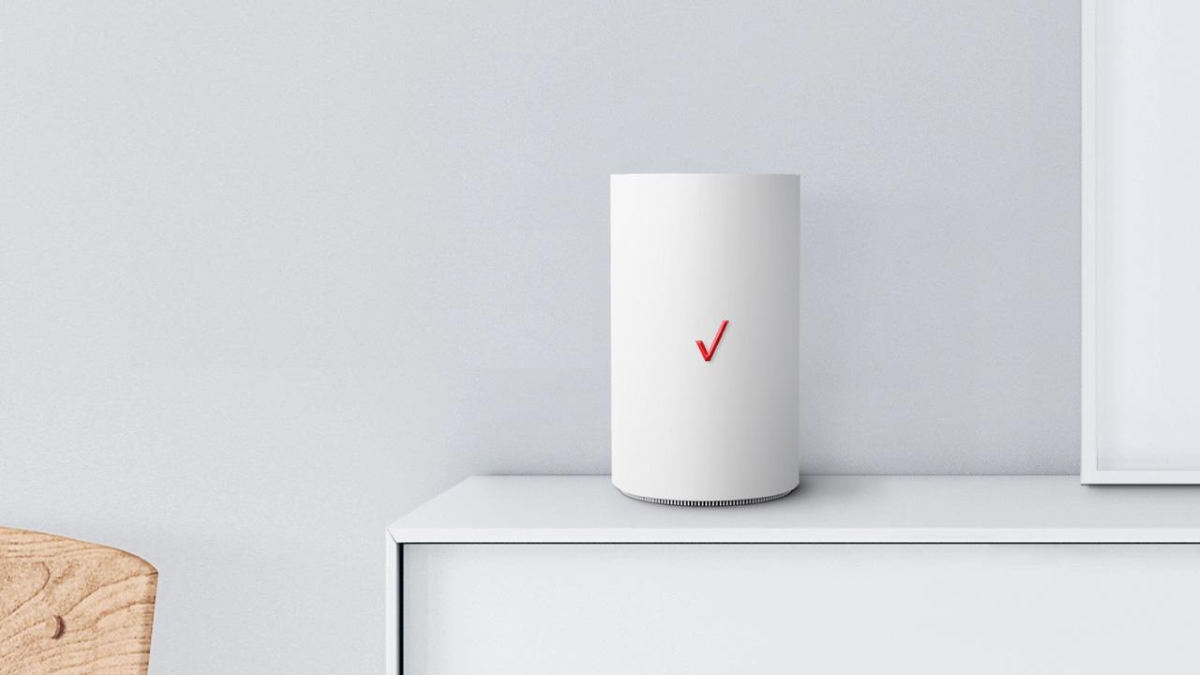Will 5G be the end of home broadband contracts?
With more firms offering wireless internet over 5G, cable broadband should be worried


5G has promised a change in the way we use our phones for some time, with talk of lightning-fast downloads and crystal-clear streaming. But where it could make the biggest impact is in-home internet. While cable and broadband internet providers have charged a premium for services with long contracts and limits on usage, 5G seeks to democratize the service.
In the US, Verizon was the first to offer a home internet service back in 2018, to limited success. However, as the technology has evolved and the 5G coverage has increased, the service has picked up with more cities joining the eligibility. It also offers 4G LTE home broadband to rural locations across 48 states.
This week, T-Mobile took its home internet solution nationwide, using its comprehensive 5G network to deliver 100Mbps internet to your living room. Like Verizon, it uses a 5G internet router and offers a no-contract monthly fee that is considerably less than many of the traditional home suppliers.
- Apple 'Spring Loaded' event is official for April 20th – here's what to expect
- Sony's PSP 5G release path just got much clearer – here's how
- New Dell Inspiron laptops include a 14in 2-in-1 and 16in 3K model

Verizon Home Internet 5G router
Verizon’s 5G Home Internet service costs $50 (£36 / AU$66) for users with a Verizon mobile plan or $70 (£51 / AU$92) for those without. It has no data caps or additional charges, and you pay month-to-month, with no annual contract needed.
T-Mobile Home Internet costs $60 (£44 / AU$79) for all users with no equipment fees. Though there is an extra charge if you choose not to use auto-pay (direct debit). While both services use 5G, Verizon currently promises faster speeds of up to 300Mbps in areas with its mmWave 5G coverage, which includes 19 cities to date. Outside of those areas, the two services offer similar numbers.
In the UK, Three offers one of the cheapest 5G home internet options, with prices from £29 ($40 / AU$52) and no data caps on a 24-month contract. Australia also has 5G home internet from SpinTel and Opus 5G, with prices from AU$70 ($53 / £39), though caps and contracts are included.
While the average price for home internet in the US is around $60 (£44 / AU$79), with some as high as $100 (£73 / AU$132), the UK pays an average of just £30 ($41, AU$54), while in Australia it’s around AU$95 ($72, £53).
Get all the latest news, reviews, deals and buying guides on gorgeous tech, home and active products from the T3 experts
The lower UK cable internet prices make it tougher for mobile networks to compete, however, the main setback is the 5G coverage. The UK has been slower to roll out 5G coverage and the faster mmWave coverage is not available yet. But it will come, eventually.
Just as users have moved away from cable companies for their TV, the internet is definitely next on the list. And anything that reduces our internet bills is good in our opinion.

As T3's Editor-in-Chief, Mat Gallagher has his finger on the pulse for the latest advances in technology. He has written about technology since 2003 and after stints in Beijing, Hong Kong and Chicago is now based in the UK. He’s a true lover of gadgets, but especially anything that involves cameras, Apple, electric cars, musical instruments or travel.